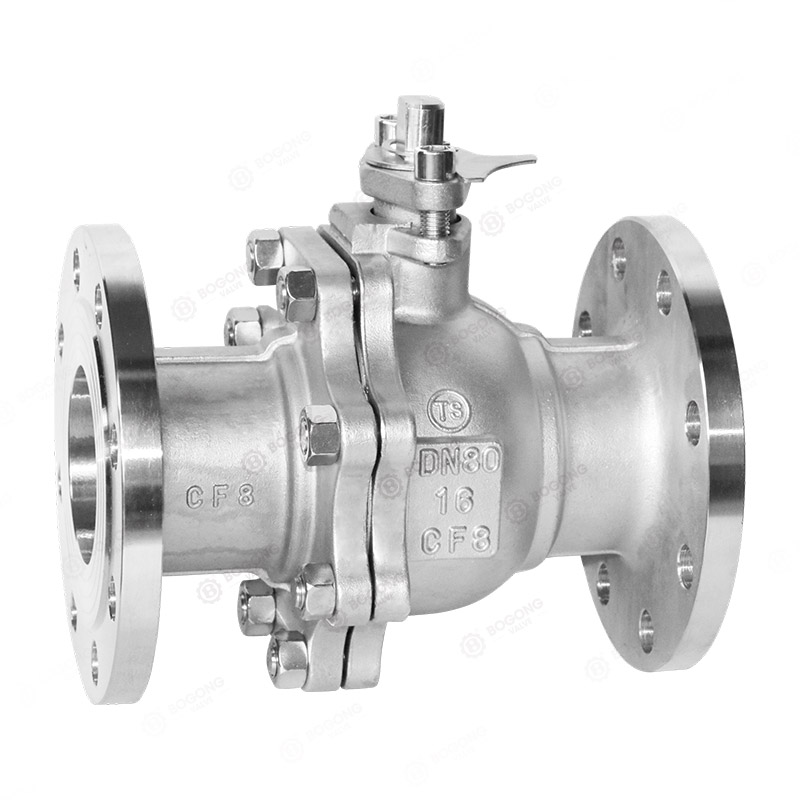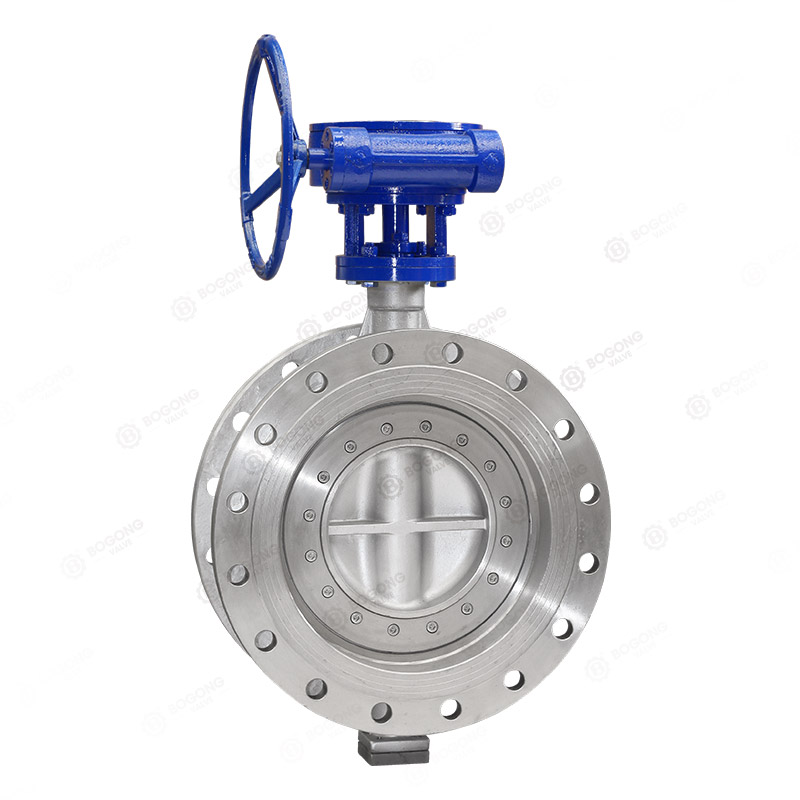bogong valve
Company news
bogong valve
Company news
There are significant differences between ball valves and butterfly valves in multiple aspects, and the following are the main differences between them:
1、 Structure and Working Principle
ball valve
Structure: Composed of valve body, valve core (ball), valve stem and other components. The sphere is driven by the valve stem and rotates around the axis of the ball valve, thereby controlling the flow of fluid.
Working principle: By blocking the channel with a sphere, the pipeline is blocked from flowing. The sphere can be fully opened or fully closed by rotating 90 degrees, making the operation simple and fast.
Butterfly valve:
Structure: Composed of valve body, valve seat, valve plate (butterfly plate), valve stem and other components. The valve plate (butterfly plate) is disc-shaped and rotates around the valve shaft to achieve the purpose of opening and closing.
Working principle: Use the swing of the valve disc (butterfly plate) in the valve body to control the flow or cut-off of fluid medium. When the valve disc is closed, cut off the fluid medium; When the valve disc is opened, the fluid medium flows freely.
2、 Performance characteristics
ball valve
Low fluid resistance: Its resistance coefficient is equal to that of a pipe segment of the same length, which is beneficial for reducing energy loss in the fluid medium.
Good sealing performance: The sealing surface between the ball and the valve seat is widely made of materials with good sealing properties such as plastic, ensuring a tight and reliable seal.
Easy to operate: quick opening and closing, only need to rotate 90 ° from fully open to fully closed, convenient for remote control.
Wide applicability: It can be used for regulating and controlling fluids, especially suitable for media containing fibers, small solid particles, etc.


Butterfly valve:
Simple structure, small size, light weight: easy to install and transport, suitable for various installation scenarios.
Low fluid resistance: The flow channel is unobstructed and the fluid resistance is small.
Easy to operate: It can be easily opened and closed manually or electrically.
Long service life: There are fewer seals and good wear resistance, which extends the service life of the valve.
Wide applicability: It can be used to control the flow of various types of fluids such as air, water, steam, and various corrosive media.
3、 Application scenarios
Ball valve: widely used in industries such as petroleum, natural gas, chemical, and power, especially suitable for situations that require quick opening and frequent operation.
Butterfly valve: It is widely used in industries, construction, water conservancy, energy and other fields, especially suitable for large-diameter pipelines and situations that require flow regulation.
In summary, there are significant differences between ball valves and butterfly valves in terms of structure, working principle, performance characteristics, and application scenarios. When selecting valves, the appropriate valve type should be chosen based on the specific usage environment and requirements.